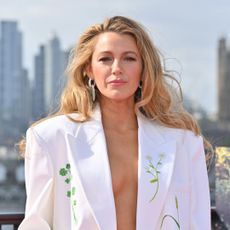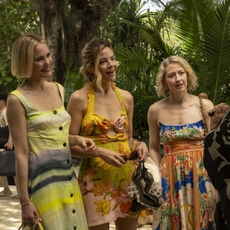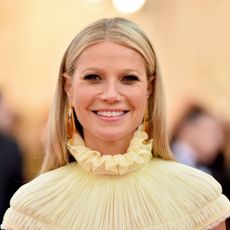50 women have been killed in the UK this year, allegedly all by men — the charities working to combat violence against women and girls aren’t surprised
“Devastating, but not too surprising”
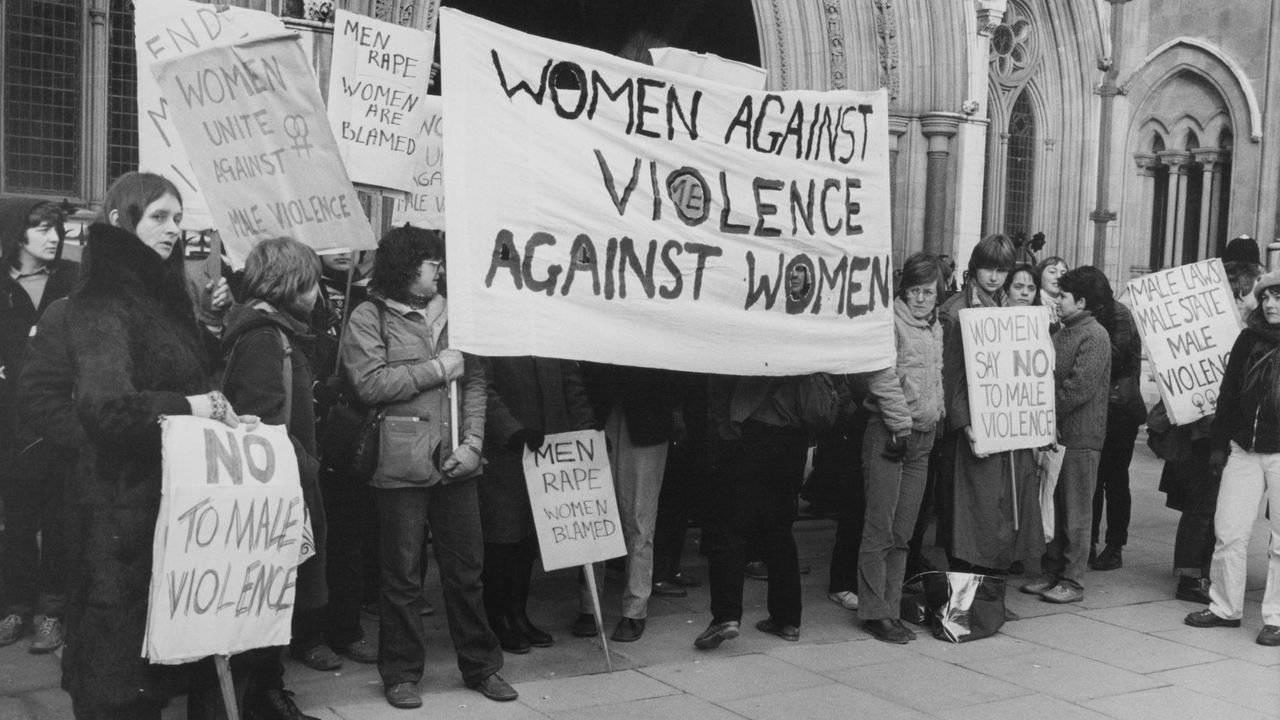

50 women have been killed in the UK so far this year, allegedly at the hands of men. The number is shocking, but those working to protect women and girls aren’t surprised. “Devastating, but not too surprising,” says Women’s Aid.
Last month, Violence against women and girls was finally declared a national emergency, and while the news was positively received as part of the new Labour government’s pledge to “tackle the scourge of violence against women and girls”, many in the sector were left wondering what took so long. Now, less than a month later—and with more lives lost to senseless male violence—a new report has confirmed the names of women believed to have been killed by men.
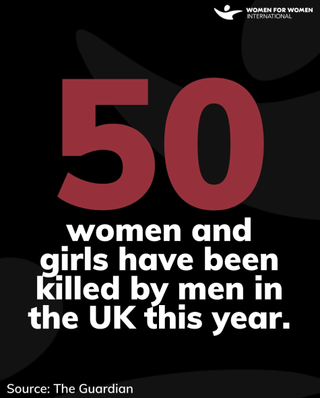
Isabelle Younane, Head of External Affairs at Women’s Aid, isn’t shocked by the statistic: “Misogyny, sexism, and women’s inequality, all of which underpin violence against women and girls (VAWG) are rife across the country and throughout society.”
The scale of violence is staggering, yet the frequency in which women are victims of gender-based crimes is at risk of being normalised. The Guardian launched its Killed Women Count, which tracks the number of women lost to male violence, out of this fear of normalisation.
While this number is huge and devastating, it is not unexpected given the context of our current society.
Isabelle Younane, Head of External Affairs at Women’s Aid
Despite high-profile campaigns like Killed Women Count, Counting Dead Women, and the Femicide Census, violence against women and girls remains terrifyingly high. “This epidemic is not “getting better” or “going away”, and young boys and men continue to be radicalised at a worrying rate,” says journalist Chloe Laws. Laws has been writing and campaigning against male violence against women and girls for over seven years, and says that she is “harrowingly, not surprised by the fact 50 women have been killed by men since the start of the year”.
Her poem about what it feels like to be a woman living in a culture of male violence—which was first posted on Instagram three years ago—remains eerily prescient.
It is not surprising to us that 50 women have been killed by men this year.
Rebecca Goshawk, Head of Partnerships and Public Affairs at Solace
“Sadly, this statistic is of no surprise to me,” says Jenny Beck, a solicitor and Director of the law firm BeckFitzgerald, which specialises in gender-based crimes. Two women have been killed at the hands of a violent partner or ex-partner each week for decades, she says, adding, “Government policy to tackle VAWG continues to let women down and marginalise their safety in favour of other political and economic priorities.”
Marie Claire Newsletter
Celebrity news, beauty, fashion advice, and fascinating features, delivered straight to your inbox!
The names and true number of female victims of male violence will likely never be known. As Women for Women explained in a post on Instagram, the 50 female victims only include the number of formal charges made, meaning “the true number is likely much higher”.
There is an epidemic plaguing the nation which needs attention.
Isabelle Younane, Head of External Affairs at Women’s Aid
As Younane explains, “Behind every one of these numbers, there are women who are individuals in their own right. There are mothers, daughters, sisters, and friends. We must speak up and take action for them all.”
Nicola Miller, CEO of domestic abuse service The Dash Charity, worries that as a society, we will become “complacent” and “start to view – and then normalise - these figures and behaviours.” She wants to see a greater onus placed on the perpetrators of violence, not the victims. “Male perpetrators, female victims. The cause rather than the effect.” says Miller, adding, “Only then do we have a chance to change the story.”
Unfortunately, the number of women killed by men in the UK is no surprise.
The Femicide Census
The Femicide Census has recorded men’s fatal violence against women since 2009. In the 16 years they’ve been reporting, the average of female victims of male violence has been consistent. According to the statistics, around 60% of women killed by men are killed by a partner or ex-partner, and roughly one in twelve women are killed by their sons, which is a similar proportion to the number of women killed by strangers, says a spokesperson for the organisation.
To make a real lasting impact, the Femicide Census says we need to be asking bigger questions—“What is it in society that creates the conditions in which men’s violence against women can flourish and be accepted as inevitable?”
Once again, we are reminded that women are not safe, and that not enough is being done to tackle this.
Rebecca Goshawk, Head of Partnerships and Public Affairs at Solace
For Beck, she wants to see violence against women and girls recognised for what it is - a Human Rights issue. “VAWG in all its forms should be everybody’s concern with resource allocation to bring perpetrators to justice, protect women, support survivors and educate future generations to reposition this human rights atrocity so that society collectively adopts a zero-tolerance approach.” Through her decades-long career in the sector, Beck knows all too well that domestic abuse is often seen as ‘private’ rather than an issue of public concern, which drives the epidemic further into the shadows.
Gender-based abuse is still shrouded in shame and secrecy. We need to continue to call out abuse at every opportunity; we need to remember and honour the victims, and, crucially, we need to prosecute the perpetrators.
Here, we remember the known names of the 50 women *allegedly killed by men this year.
*Though the suspects in all these cases are men, many are still awaiting trial and, therefore, cannot be confirmed as the perpetrators.
- Courtney Mitchell
- Olivia Wood
- Rebecca Simkin
- Alana Odysseos
- Laura Robson
- Jenny Sharp
- Sophie Evans
- Joanne Samak
- Maxine Clark
- Lauren Evans
- Rita Fleming
- Joanne Ward
- Delia Haxworth
- Chitsidzo Chinyanga
- Patsy Aust
- Maria Nugara
- Amie Gray
- Margaret Parker
- Emma Finch
- Kathryn Parton
- Bhajan Kaur
- Anita Mukhey
- Tarnjeet Riaz
- Lisa Welford
- Rachel McDaid
- Samantha Mickleburgh
- Kennedi Westcarr-Sabaroche
- Kulsuma Akter
- Frances Dwyer
- Ruth Baker
- Jillian Hughes
- Tiffany Render
- Carol Matthews
- Ursula Uhlemann
- Pauline Sweeney
- Zhe Wang
- Sarah Mayhew
- Christine Bauld
- Wendy Francis
- Paramjit Gosal-Gill
- Sam Varley
- Claire Leveque
- Michele Romano
- Claudia Kambanza
- Tara Kershaw
- Kanticha Sukpengpanao
- Alison McLaughlin
- Maya Bracken
- Tia Simmonds
- Keotshepile Naso Isaacs

Mischa Anouk Smith is the News and Features Editor of Marie Claire UK.
From personal essays to purpose-driven stories, reported studies, and interviews with celebrities like Rosie Huntington-Whiteley and designers including Dries Van Noten, Mischa has been featured in publications such as Refinery29, Stylist and Dazed. Her work explores what it means to be a woman today and sits at the intersection of culture and style. In the spirit of eclecticism, she has also written about NFTs, mental health and the rise of AI bands.
